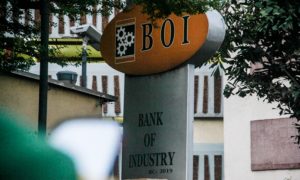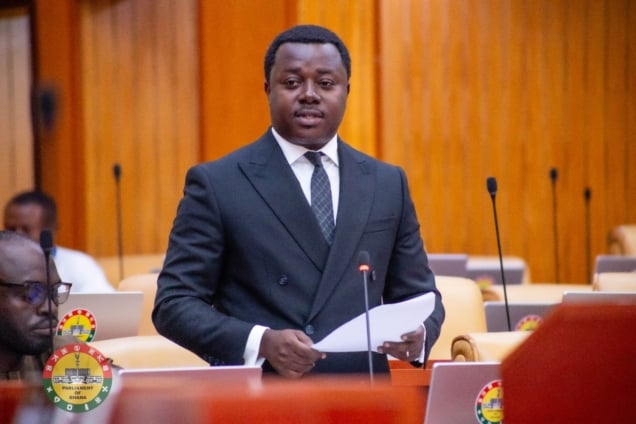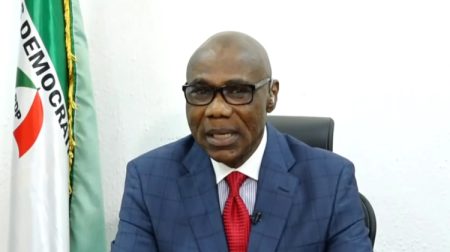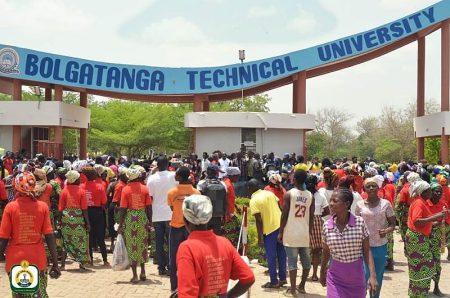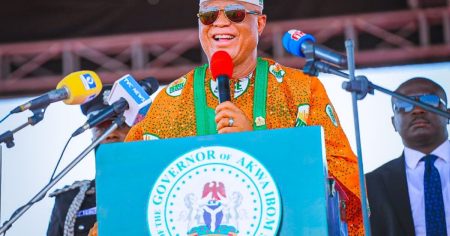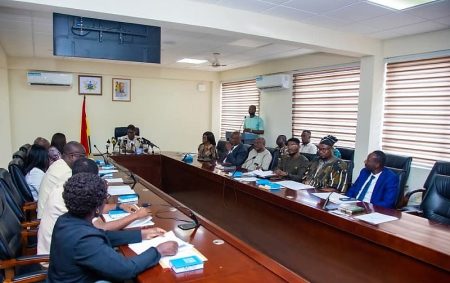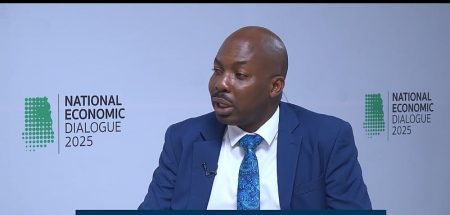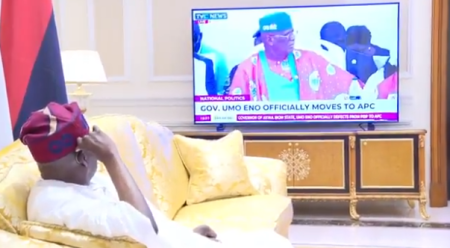The Ghanaian political landscape is ablaze with controversy following the passage of the Energy Sector Levies (Amendment) Bill, 2025, which introduces a GHS1 levy on every litre of fuel. This new levy, dubbed the “Dumsor Levy” by critics, has ignited a firestorm of criticism, particularly from the opposition New Patriotic Party (NPP). Reverend John Ntim Fordjour, NPP MP for Assin South, has vehemently denounced the levy, characterizing it as a deceitful maneuver by the ruling National Democratic Congress (NDC) and a betrayal of their pre-election promises to alleviate, not exacerbate, the tax burden on Ghanaians. He argues that this new levy is significantly more onerous than the recently repealed Electronic Transaction Levy (E-Levy), which the NDC had vehemently opposed while in opposition. The E-Levy imposed a GHS10 charge on every GHS1,000 electronic money transfer, while the Dumsor Levy imposes a GHS83 levy on every GHS1,000 worth of fuel purchased.
Fordjour’s critique centers on the disproportionate impact the Dumsor Levy will have on ordinary Ghanaians. He argues that the increased cost of fuel will inevitably translate to higher transportation costs, impacting commuters who rely on commercial vehicles and motorbike taxis (Okada). This ripple effect, he contends, will further burden citizens already grappling with economic challenges, effectively negating the NDC’s pre-election pledges of economic relief. The NPP MP’s comments underscore a growing sentiment of public disillusionment with the NDC government, which is being accused of reneging on campaign promises and implementing policies that directly contradict their previous criticisms. The stark contrast between the NDC’s fierce opposition to the E-Levy and their subsequent introduction of a seemingly more burdensome fuel levy has fueled accusations of hypocrisy and political expediency.
The Dumsor Levy, ostensibly introduced to address mounting liabilities within the energy sector, has been met with resistance not only from the opposition but also from within the legislature. The Minority in Parliament staged a walkout during the bill’s passage, demonstrating their disapproval of the measure and accusing the government of exacerbating the financial strain on citizens. This walkout highlights the deep divisions within Parliament regarding the levy and underscores the broader public discontent with the government’s fiscal policies. The controversy surrounding the Dumsor Levy also brings into sharp focus the complex challenges facing Ghana’s energy sector. While the government argues that the levy is necessary to address accumulated debts and ensure the sector’s viability, critics question the efficacy of this approach and express concerns about the potential for mismanagement and misallocation of the generated funds.
The debate surrounding the Dumsor Levy underscores the precarious balance between fiscal responsibility and social welfare. While the government maintains that the levy is essential for stabilizing the energy sector, critics argue that it places an undue burden on citizens, particularly those with limited financial means. This tension highlights the difficult choices governments must make in balancing competing priorities and the potential for policy decisions to have unintended consequences, particularly for vulnerable populations. The government’s justification for the levy – the need to address escalating debts within the energy sector – is being met with skepticism, particularly given the history of mismanagement and corruption within the sector. Critics argue that the levy, rather than being a solution, could potentially exacerbate existing problems if not accompanied by robust measures to ensure transparency and accountability in the management of the generated funds. The public’s lack of trust in the government’s ability to effectively utilize the levy proceeds further complicates the issue and fuels the ongoing controversy.
The introduction of the Dumsor Levy has ignited a broader discussion about the government’s economic policies and their impact on ordinary Ghanaians. The levy is seen by some as a symptom of a larger problem – a government that is prioritizing short-term fiscal gains over long-term economic stability and the well-being of its citizens. The controversy surrounding the levy serves as a microcosm of the broader challenges facing Ghana, highlighting the need for greater transparency, accountability, and public engagement in the policymaking process. The situation also raises questions about the effectiveness of pre-election promises and the accountability of political parties once in power. The perceived discrepancy between the NDC’s pre-election rhetoric and their post-election policies has eroded public trust and fueled skepticism about their commitment to addressing the economic concerns of ordinary Ghanaians. This erosion of trust has further complicated the debate surrounding the Dumsor Levy and underscores the importance of political integrity and transparency in maintaining public confidence.




